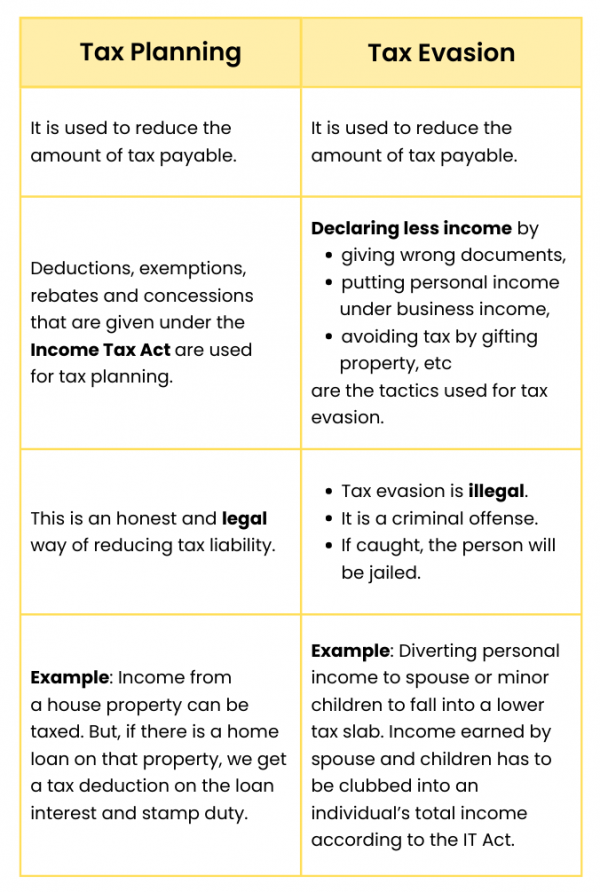How to Minimize Tax Liability Legally in the U.S.
Introduction Minimizing tax liability legally is a goal for individuals and businesses alike. The U.S. tax code provides various provisions that allow taxpayers to reduce their taxable income, claim deductions, and take advantage of credits. Understanding these strategies can help you retain more of your earnings while complying with the law. This guide explores different… Read More »








